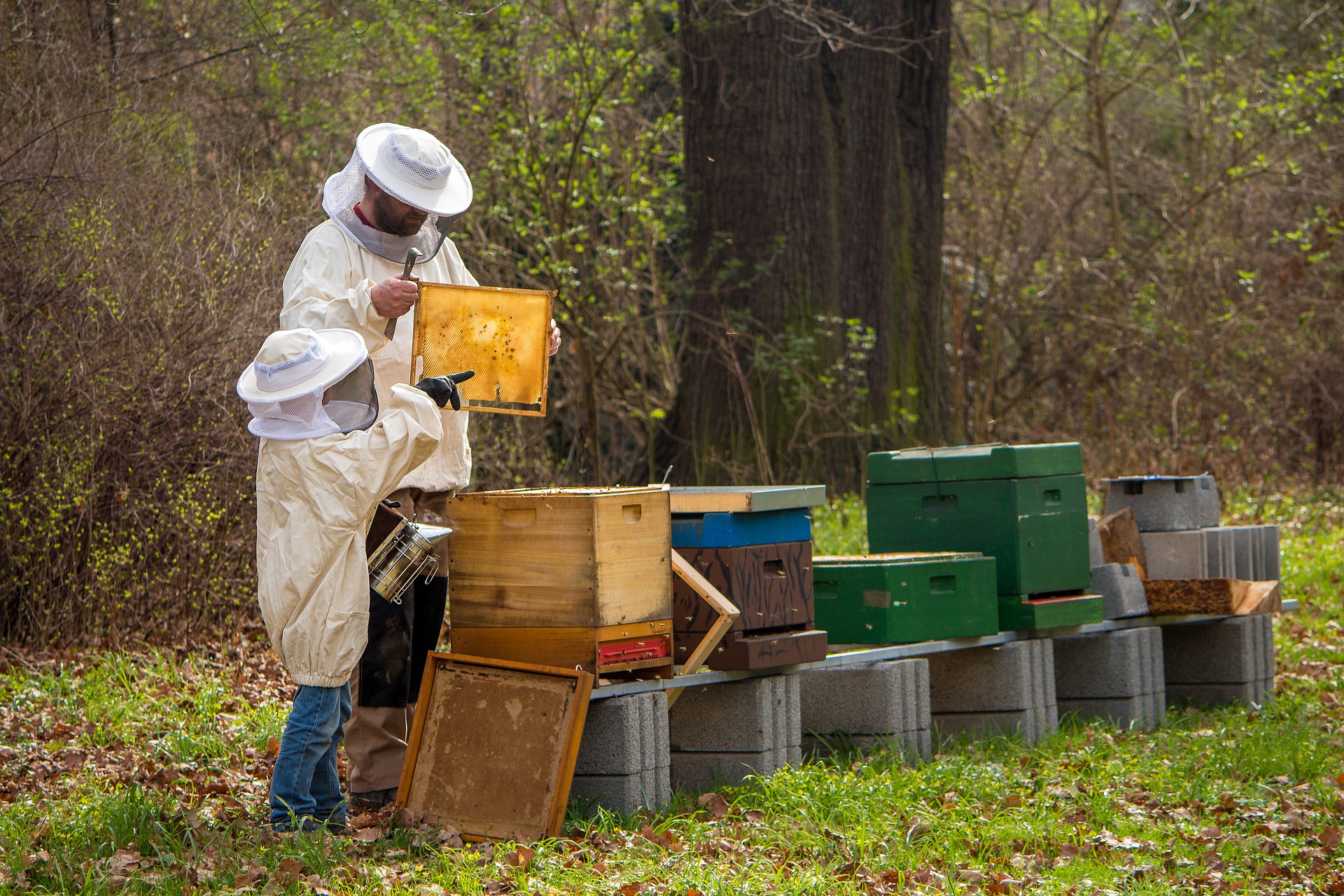
A quality check of honey in Hungary has revealed that the majority of honey sold in shops does not meet quality standards, and sometimes even the origin of the honey is questionable. However, honey from local producers passed the test.
The National Hungarian Beekeepers’ Association had 116 producer and shop honeys tested, and 47 samples from supermarket shelves were sent to the laboratories. The results revealed that the honey from the local producers met the requirements, but the quality of most of the honey available in the shops was not assured and their origin questionable.
It was found that 28 out of 47 honey products sold in shops were sold as acacia honey, but most of these were found after testing to contain no acacia.
Instead, according to Infostart news portal, pollen from other flowers, most notably facelia, was identified in the honeys.
Péter Bross, president of the beekeepers’ association, said that in most cases honey is adulterated with sugar, and that this is why consumers should be on their guard, as they can buy much cheaper sugar in shops instead of expensive honey. Fraudsters used to use isoglucose syrup made from corn starch, but laboratory techniques have improved since then and it is now possible to detect whether the sugar comes from monocotyledonous or dicotyledonous plants. This has forced fraudsters to switch to potato sugar.
Hungary is one of the largest honey producers in the European Union and has one of the highest bee densities, with 13 hives per square kilometer.
As a result, there are 1.2 million hives in total, cared for by 20,000 beekeepers. Hungarian bees produce 25-30,000 tons of honey every year, 60% of which is exported.
In June, the Ministry of Agriculture announced a HUF 10 billion budget for animal welfare support for bees. According to minister István Nagy, since 2010 the government has provided €50 million in support for honey producers and has launched a €25 million bee welfare tender and introduced a pollination subsidy.
But the summer drought has not spared the sector either, causing severe honey shortages. According to beekeepers, the situation is disastrous, as the drought has caused flowers to produce little nectar and pollen, leaving bees with little honey and starving.
Featured photo: Pixabay